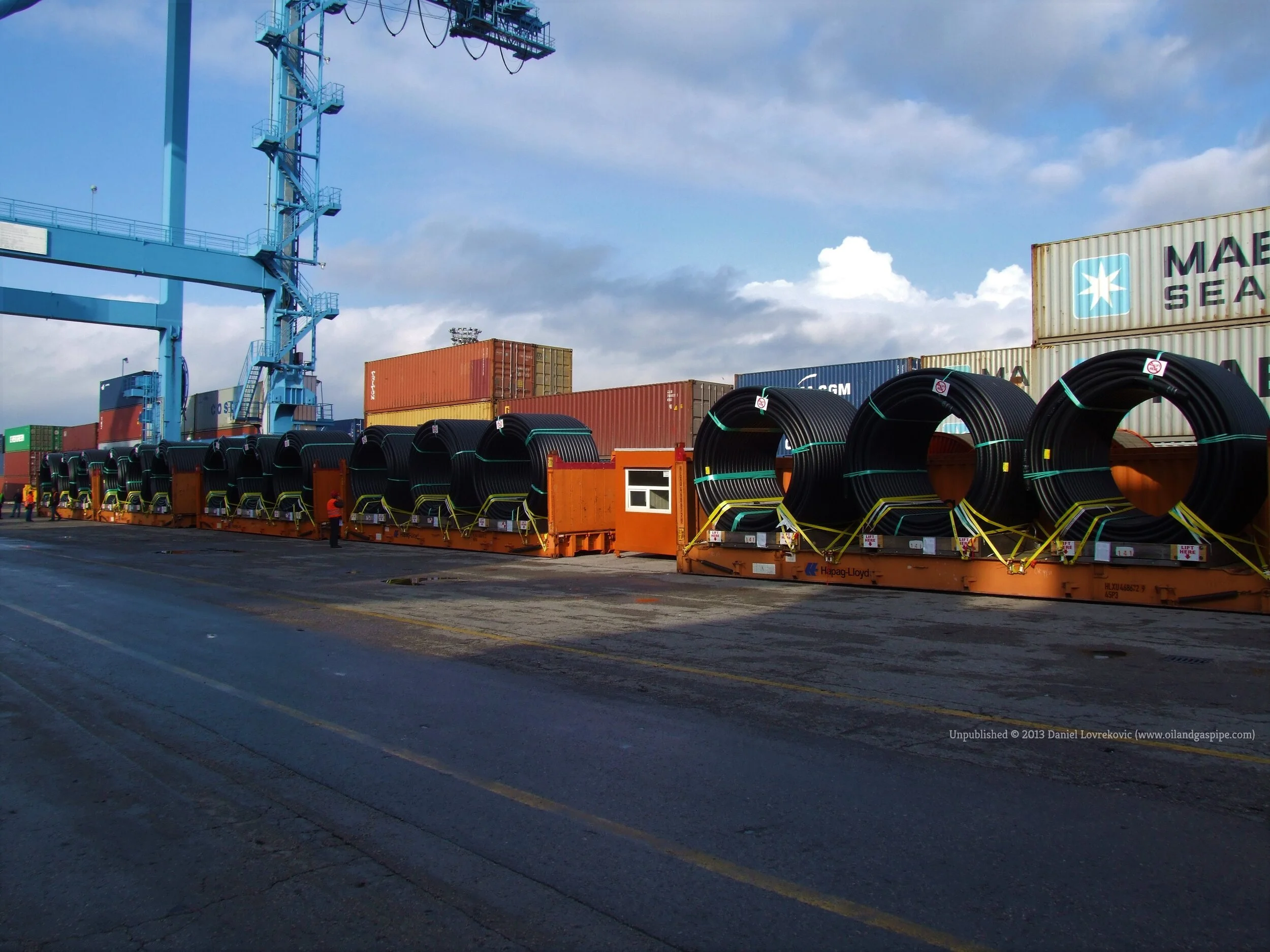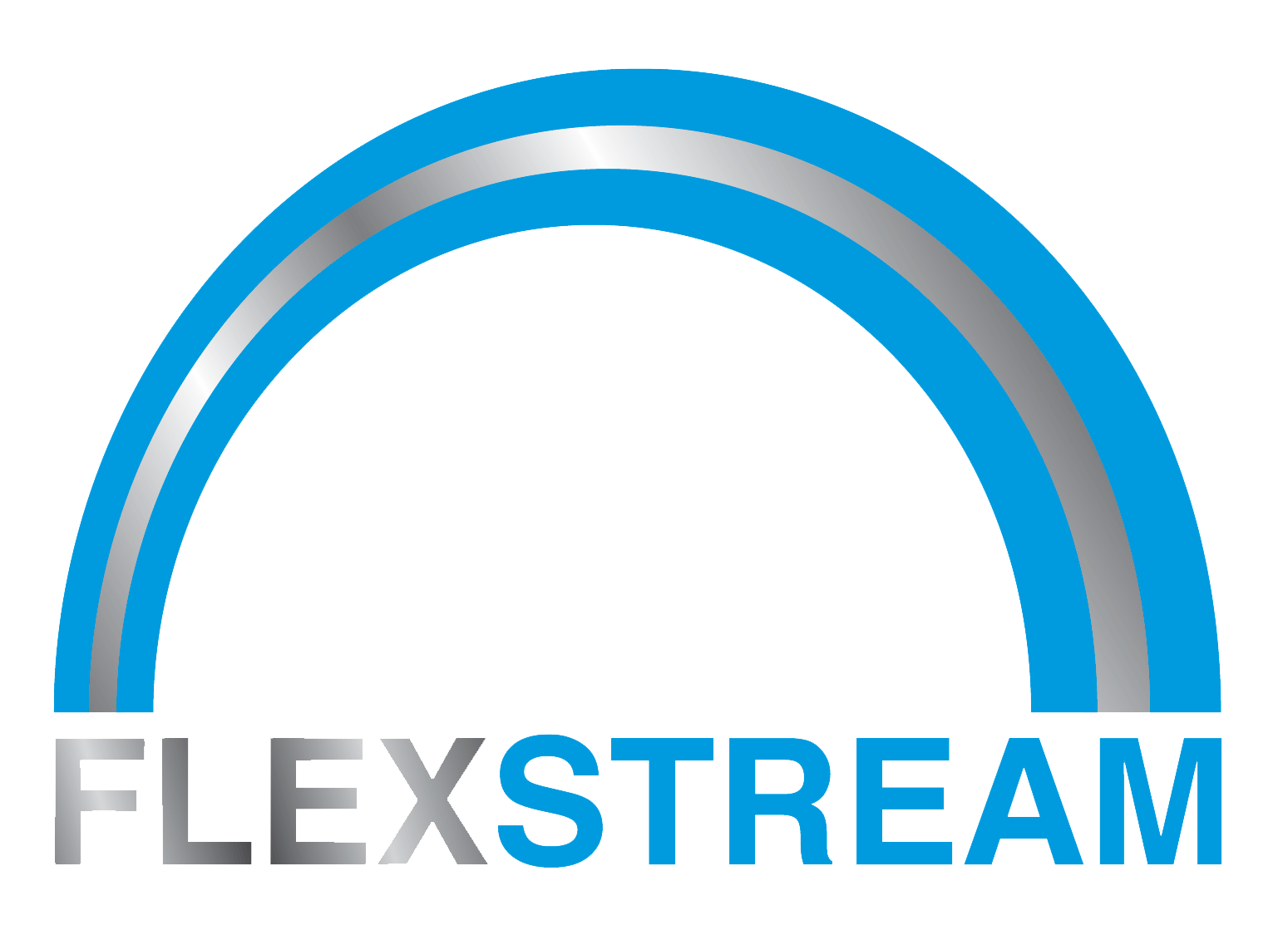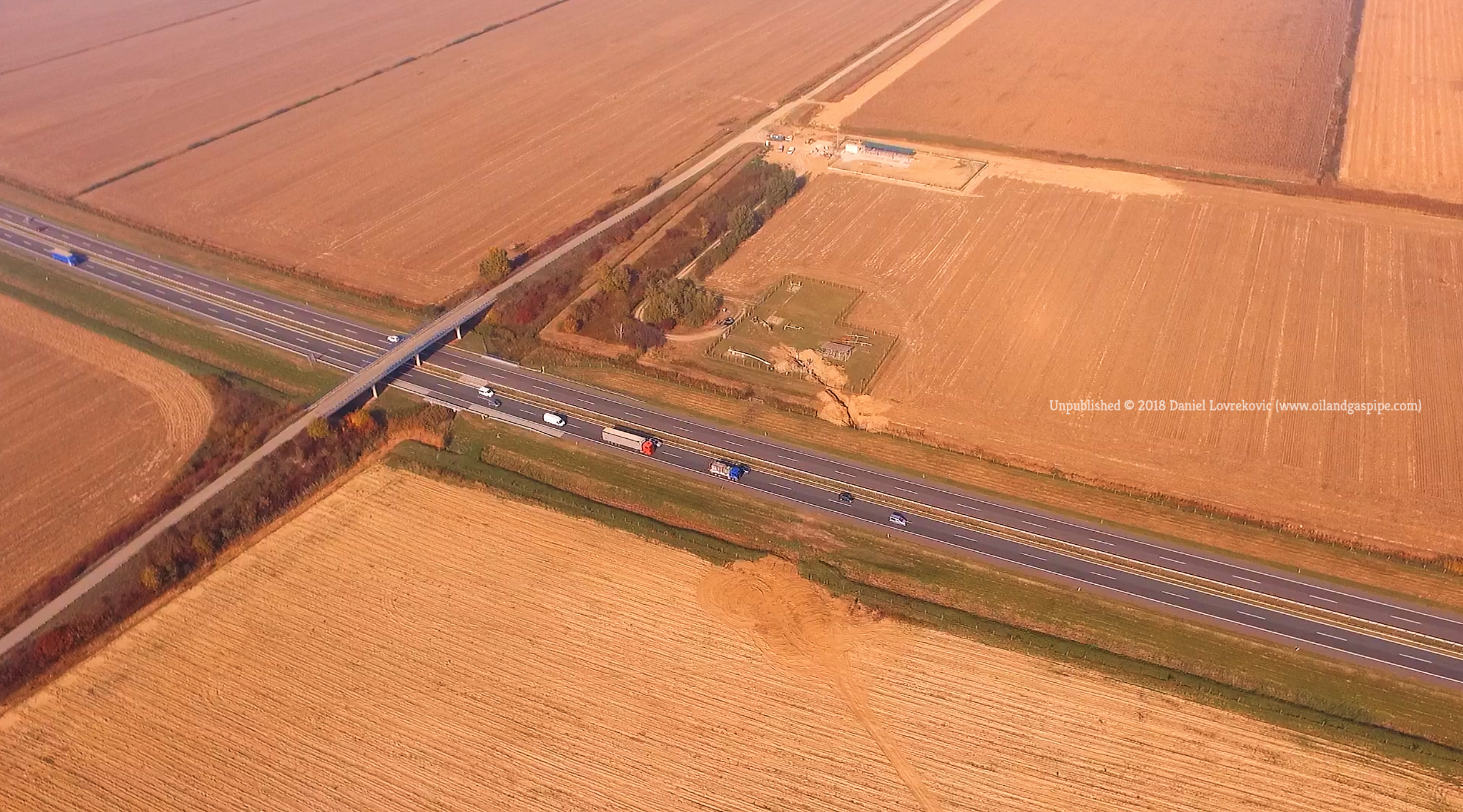

Where to use it
oil and gas (offshore & onshore)
Oil and gas production pipelines
Oil and gas gathering lines
Natural gas and gas condensate pipelines
CO2 (wet & dry) pipelines for the EOR - Enhanced Oil Recovery applications
Water
Water injection pipelines (oilfield)
Water lines in mining industry
Temporary surface lines & transportation of water
“Creating a failproof and maintenance-free pipeline network for a productive oilfield.”

Installations Overview
trenching
Trenched installation is the most common type of buried application. Once the trench has been dug, the pipe is lowered into it and the trench is back filled.
The pipe can be pulled of a reel into position with a winch or vehicle (tractor, excavator, etc.).
The reel is positioned on a “A” frame or suspended directly on the crane (just enough from the ground to allow rotation of the reel).
Deployment using a trailer is also possible.
Surface lines
FlexStream pipe can be laid directly on the ground without special preparations at any rated temperature. Flexible pipe is often installed above ground in semi-arid or desert locations. Above ground pipes are ideal for temporary use, and pipelines of many km in length can be installed in one or two days on the surface for repairs or early well testing and production.
These lines can be later buried, left above ground for the permanent use, or retrieved and reused on other wells.
pulling through
Rehabilitation is a process whereby the existing pipeline, instead of being replaced, is rehabilitated with a new pipe of a smaller diameter.
New pipe is being pulled through the old pipeline with the winch. Due to the high tensile strength of the flexible pipe, length in a single pull can be up to 3 km depending on the size of the pipe and the existing pipeline route.
Old steel pipeline is used only as a guiding line for the new pipe during pulling. New installed reinforced flexible pipe holds the rated pressure without the support of the existing steel line.
Whatever your requirements are, pulling through, trenching or other. We will install your pipeline regardless of geographical feature and location (lowland, hills, forest, offshore) either in a winter or a summer time.

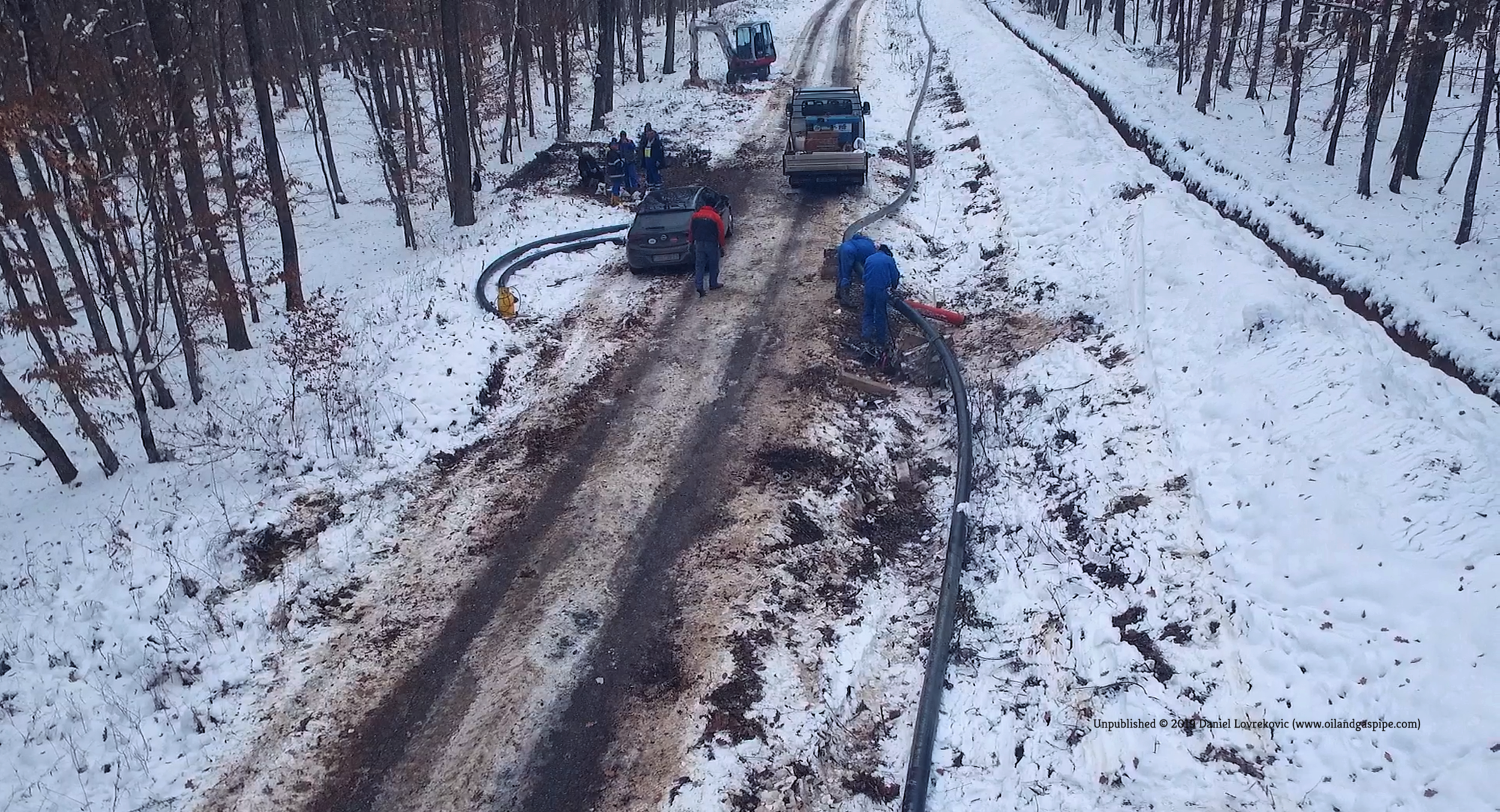
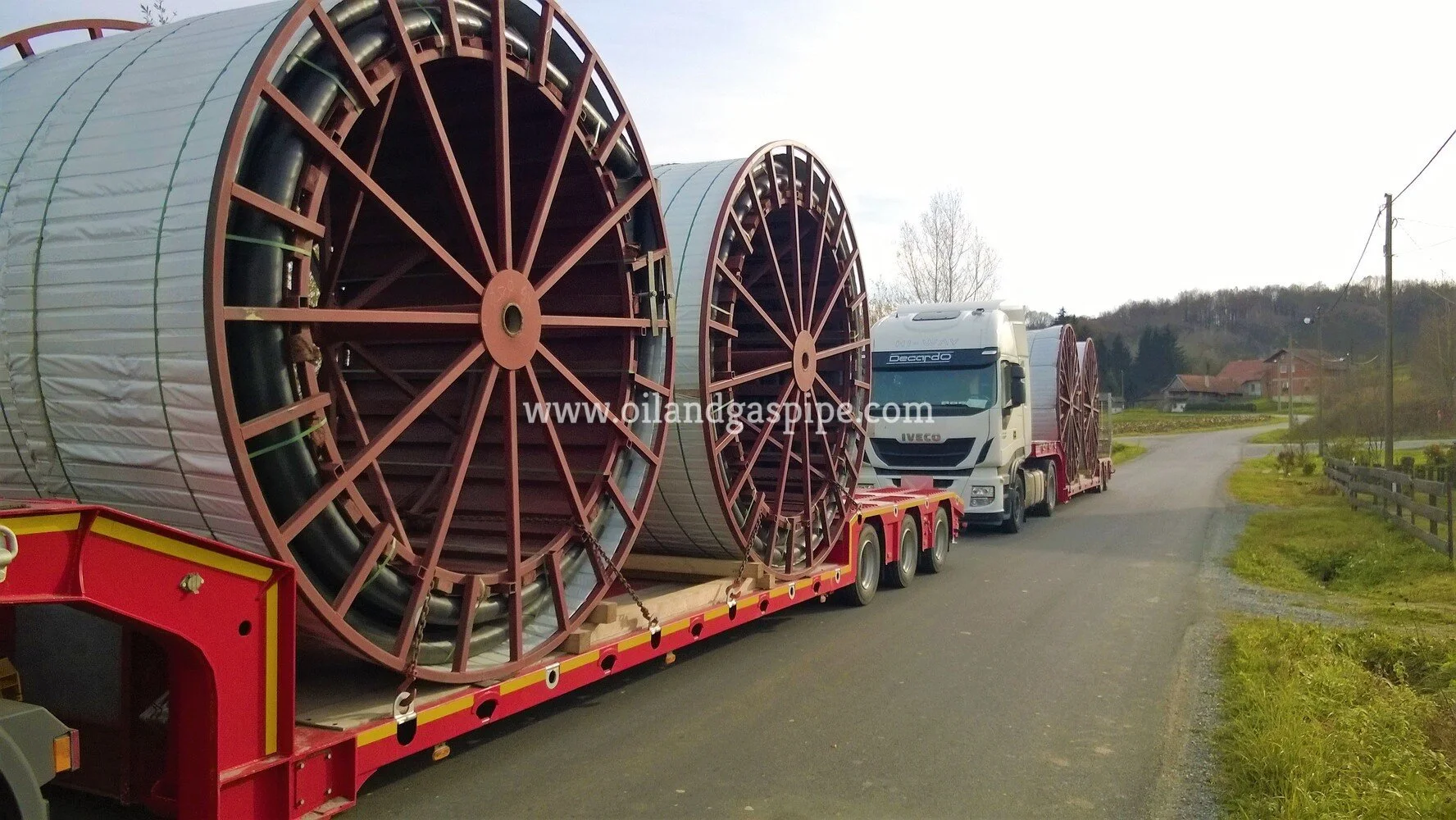
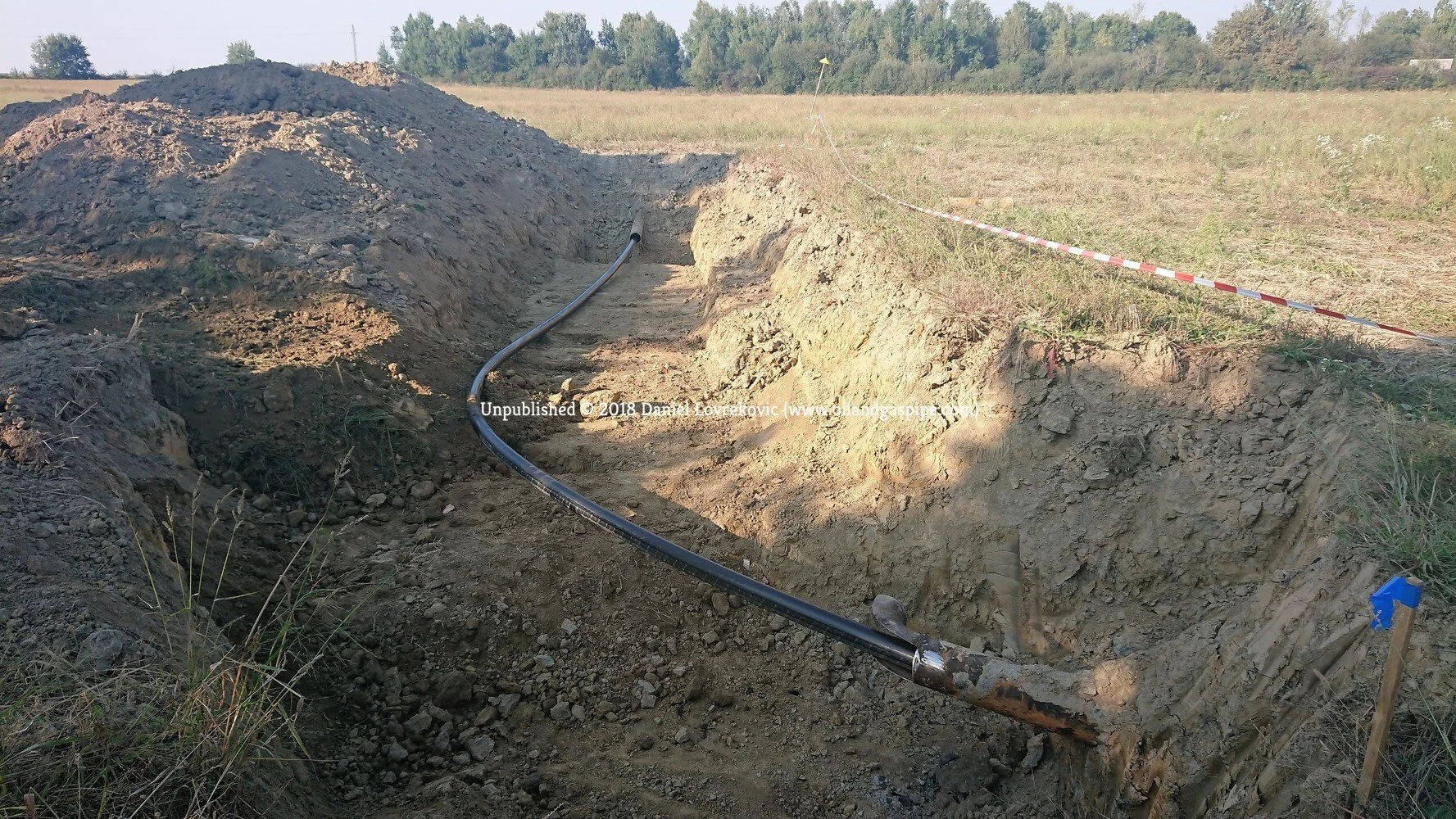
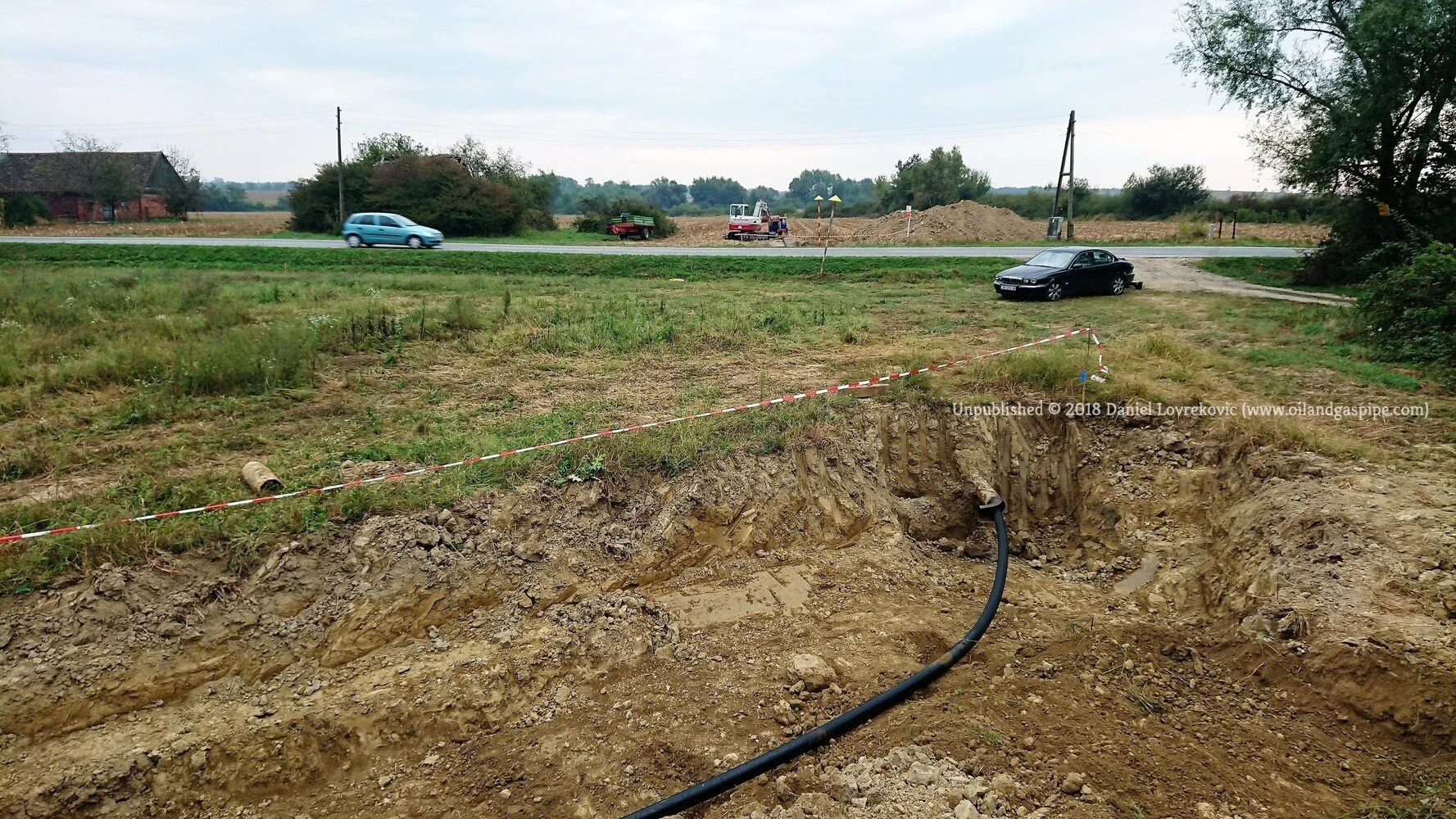
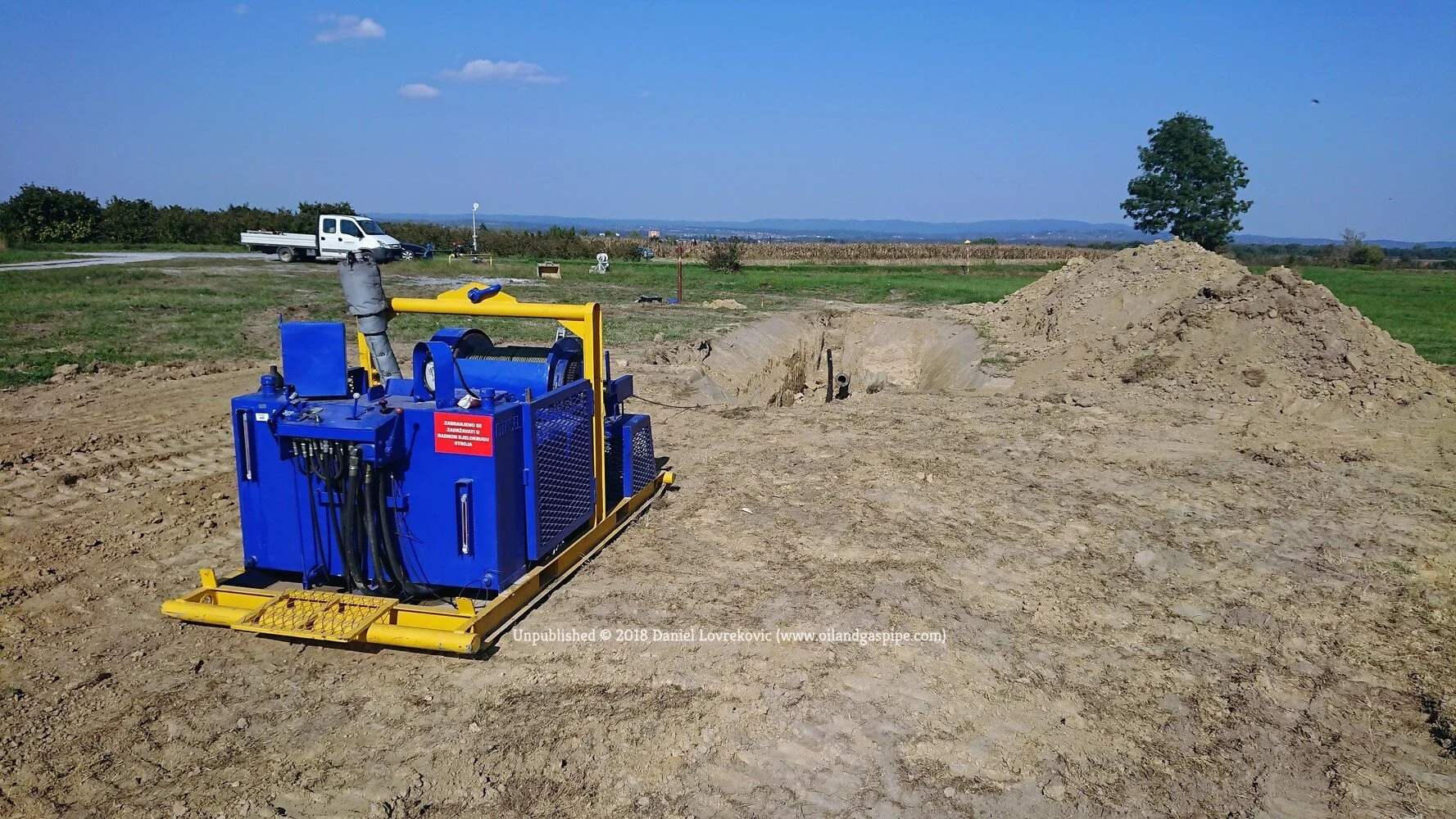
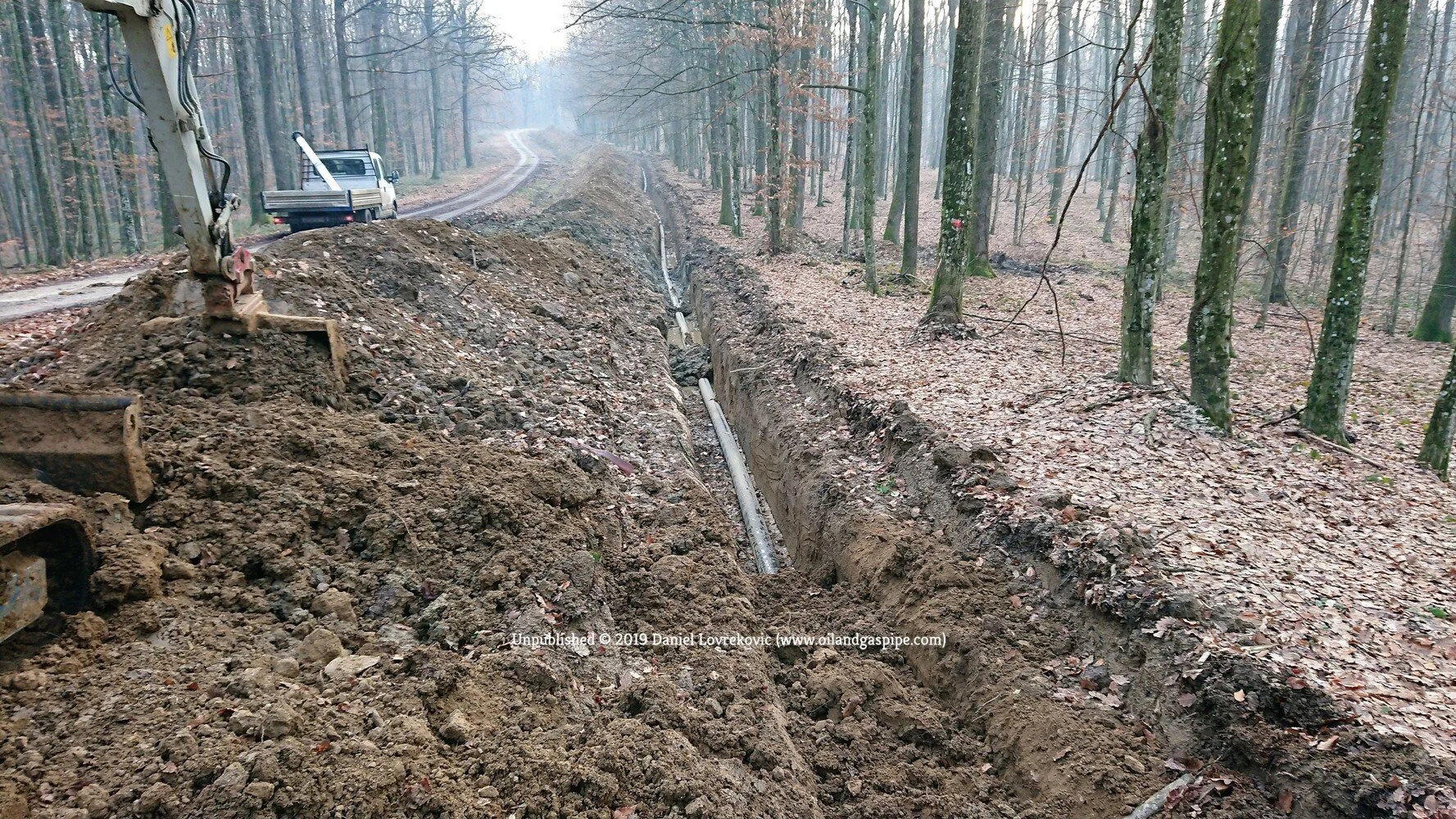
Looking forward to hear from you
READY TO GO FLEXIBLE?
Send us a message
